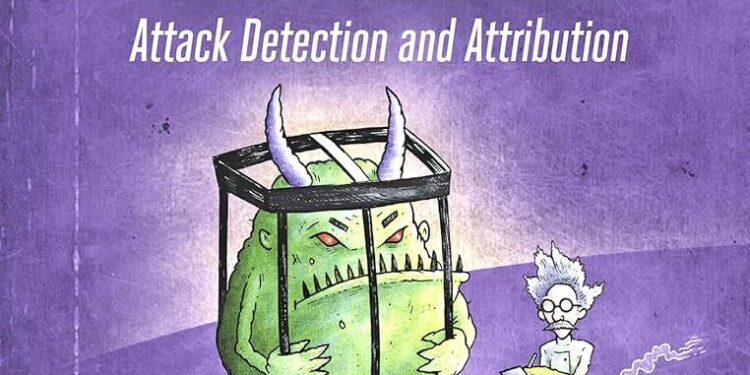Defending Your Research: Overcoming the Trials of Scientific Criticism
In a time characterized by swift technological progress and widespread discussions about scientific research, the credibility of scientific work faces increasing challenges. For researchers, especially in fields like chemistry, the risk of their findings being misinterpreted or attacked can create substantial professional and emotional hurdles. The American Chemical Society (ACS) emphasizes that addressing these challenges requires not only resilience but also effective communication strategies and community backing. This article examines how scientists manage criticism and defend their work, highlighting the psychological impact, the significance of strong peer networks, and practical approaches to counter misinformation in an age where it spreads quickly. Through expert interviews and real-world examples, we investigate methods that empower scientists to uphold their beliefs in a frequently adversarial environment.
Identifying the Roots of Criticism in Scientific Work
Critique is a fundamental aspect of scientific inquiry that can emerge from various origins. Understanding these origins enables researchers to navigate through public scrutiny more effectively. Typically, critiques arise from peer evaluations, where fellow experts assess the rigor and validity of research outcomes. Furthermore, media portrayals are crucial; headlines may oversimplify intricate scientific studies leading to misunderstandings and backlash against researchers. The rapid dissemination capabilities of social media can exacerbate these issues further by amplifying misconceptions about scientific findings.
Acknowledging sources of criticism allows researchers to view feedback as an opportunity for growth rather than as personal attacks. Constructive feedback often emerges from collaborative exchanges with colleagues that refine methodologies or conclusions drawn from research efforts. By responding openly to critiques with transparency and adaptability, scientists can cultivate a more dynamic dialogue within their field. Additionally, establishing clear lines of communication both within academic circles and with broader audiences helps mitigate misinformation while enhancing trust in scientific results.
Cultivating Resilience: Strategies for Facing Criticism
When confronted with criticism regarding their integrity or findings, it is vital for scientists to arm themselves with effective strategies aimed at building resilience. One powerful method involves creating a supportive network among peers; collaboration coupled with open discussions serves as a protective barrier against external pressures faced by individuals in academia or industry settings. Participating in forums or online groups related to one’s field not only validates one’s work but also provides constructive insights during times when public scrutiny intensifies.
The practice of employing mindfulness techniques, such as meditation or relaxation exercises, significantly enhances mental strength—allowing scientists to maintain focus amid adversity while managing stress levels effectively.
A well-defined communication strategy is equally essential for articulating research clearly and compellingly. Developing a narrative that highlights your findings’ relevance makes complex ideas more digestible while counteracting misinformation effectively through various means:
- Create Visuals: Use infographics summarizing key points succinctly.
- Mediated Outreach: Engage local media outlets for interviews or guest articles aimed at reaching wider audiences.
- Civic Engagement:Create opportunities through community programs designed for educating citizens about your work.
By focusing on ongoing professional development alongside these tactics ensures adaptability amidst evolving challenges faced by today’s scientists.
Connecting With The Public: Effective Science Communication
- < strong >Social Media Platforms:Utilize channels like Twitter , Instagram ,and LinkedIn which serve as excellent avenues sharing insights updates instantaneously .
< li >< strong >Community Involvement : Organize local events talks fostering relationships allowing direct interactions questions discussions between scientist audience . - < strong >Visual Tools : Employ infographics videos simplifying intricate concepts making them accessible varied demographics .
< / ul >An essential component involves establishing feedback mechanisms encouraging dialogue addressing misconceptions adjusting messaging accordingly based on audience reception gauged through surveys measuring understanding attitudes towards specific topics related science . Below illustrates potential survey questions response options :
Your Survey Question Here? Your Response Options Here?
Please rate your confidence level regarding recent discoveries made within science ?< / td >
Select One : Very Confident , Somewhat Confident , Not Confident< / td >
< / tr >
< td >What areas pique your curiosity most ?< / td >< td>Select All That Apply : Climate Change , Health Innovations Technology Advancements.< /td >
Do you find yourself trusting information provided directly by professionals working sciences? << /td >>
Select One : Always Sometimes Never.< /td >










